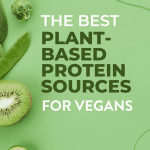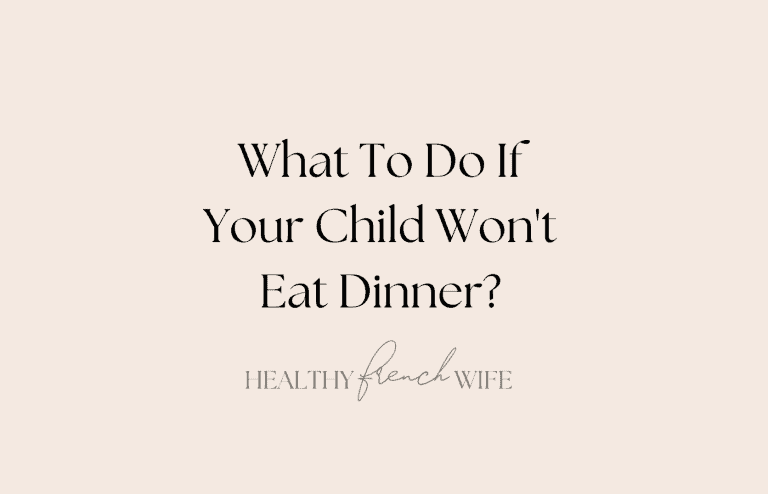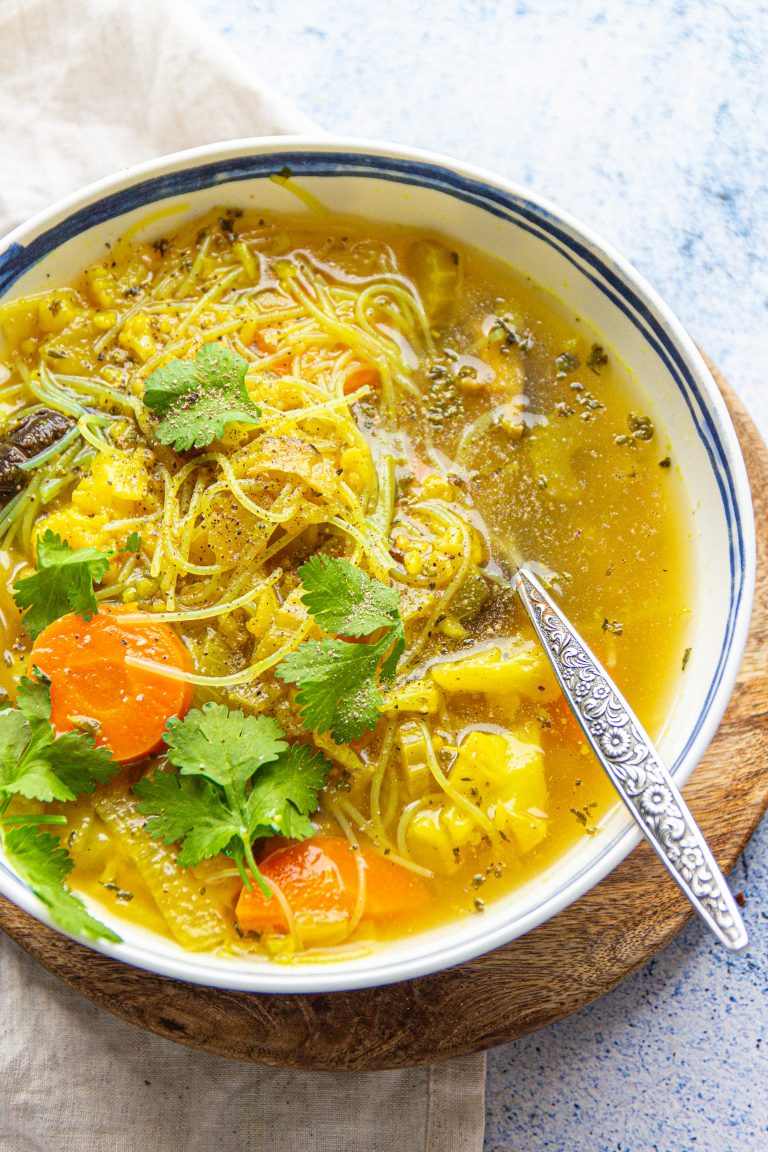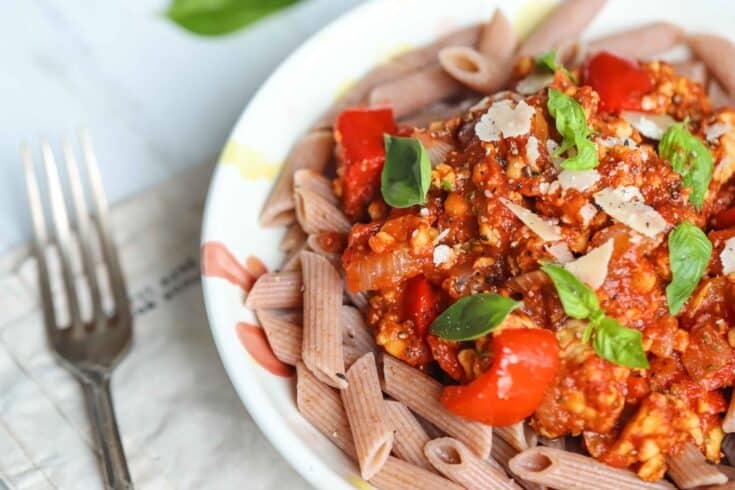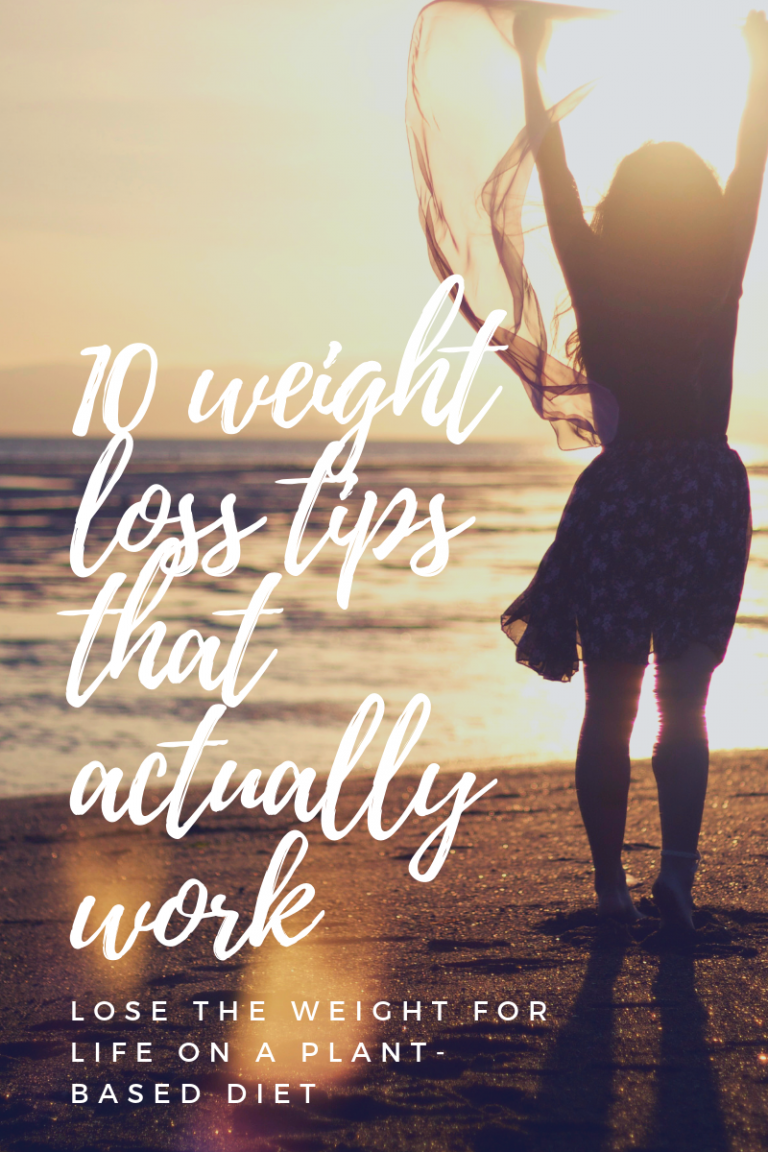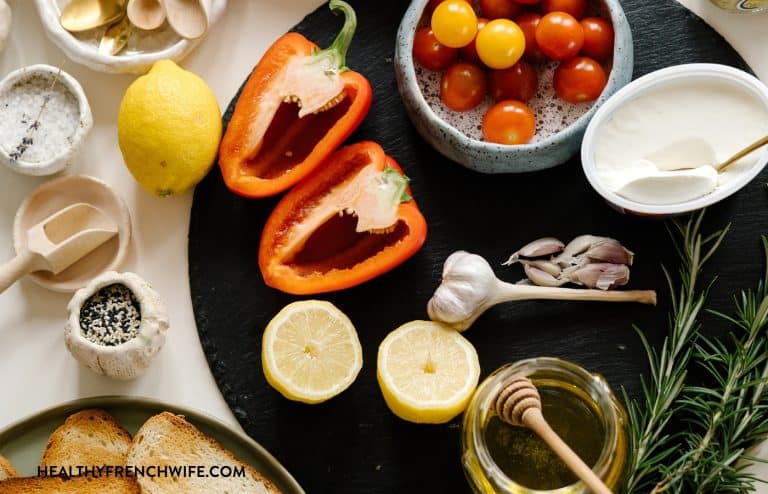Nutritionist Reveals The Best Plant-Based Protein Sources

Did you know that plant-based protein sources are accessible, delicious, and affordable? You might have noticed by now that I like to use a lot of tofu beans and lentils in my meals!
This is because these are my favorite sources of plant-based protein. I always try alternating the sources of our plant-based protein in our meals.
But there are many more, even easier ways to add plant-based protein to your diet! Read on to discover the best resources for increasing protein in your plant based diet.
This site uses ads and affiliate content as an Amazon associate earning on qualifying purchases. Disclosure.
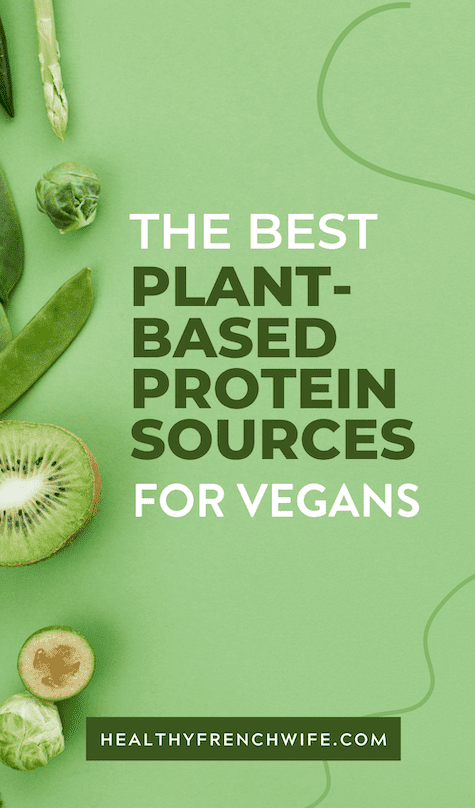
Nutritionist Reveals The Best Plant-Based Protein Sources
Let’s talk plant-based protein sources, shall we?
If you can add a bit of protein in each meal, this helps in reaching your daily protein requirements very easily and keep you fuller for longer.
I tend to use peanut butter, protein powder or hemp seeds in breakfast, hommus and chickpeas for lunch and tofu, lentil, beans and quinoa for dinners.
I also always try to alternate daily our dinner source of protein between legumes and tofu.
As a nutritionist, I recommend having at least one meal per day with a source of plant-based protein. View my chart below for more details.

Great sources of plant-based protein:
- Beans (black) (1/4 cup dry =9gr)
- Chickpeas (1/4 cup dry =10gr)
- Tofu (100gr= 8g)
- Lentils (1/4 cup dry= 11gr)
- Vegan protein powder in smoothies (15gr of protein per serve on average)
- Peanut butter (1 tbsp= 4gr)
- Quinoa (1 cup = 8gr)
- Brown rice (1 cup= 5gr)
- Oats (1 cup= 10gr)
- Hemp Seeds (1 tbsp= 3gr)
- Almonds (1 tbsp= 2gr)
- Hommus (1 tbsp = 1.2gr)
- Chia seeds (1 tbsp= 2 grams)
To compare eggs have 6g of protein per eggs and red meat 20g per 100g of raw meat so very similar to these plant-based sources.
How much protein do you need?

As a guide, women need between 45-60gr of protein daily between the age of 18 and 70 (0.75g/kg of body weight). Very active women might need more to sustain their level of fitness.
Men need around 64g/day (0.84g/kg).
Children’s daily Protein needs:
- aged 1-4: 14g/day
- Age 5-9: 20g/day
- Age 9-13: 40g/day
- Age 13-18: 45-65g/day
Teenage boys tend to need 10g more than young girls. Protein is important for growth and development especially during pregnancy, and for children and teenagers.
But their protein needs are actually easily achievable on a plant-based diet.
However, I strongly advise including tofu, soy milk, legumes into a child’s diet to make sure they get enough.
Protein also helps to maintain/grow muscles, stay fuller for longer. Eating enough protein also really helps with weight loss goals.
What about the different amino acids found in protein? And complete and incomplete proteins?
There are 20 different amino acids in protein.
All are important but 9 of them are essential amino acids that the body must obtain from foods as it is not created by the human body.
Complete proteins are called complete because they contain all essential amino acids.
Most plant-based sources are incomplete meaning they are missing a few amino acids but quinoa and soy (tofu, edamame) are complete proteins.
In addition, if you combine other sources of plant-based protein sources within a day you are very likely to obtain all nine essential amino acids.
For example rice and beans, peanut butter on wholemeal bread.
Looking for high-protein recipes?
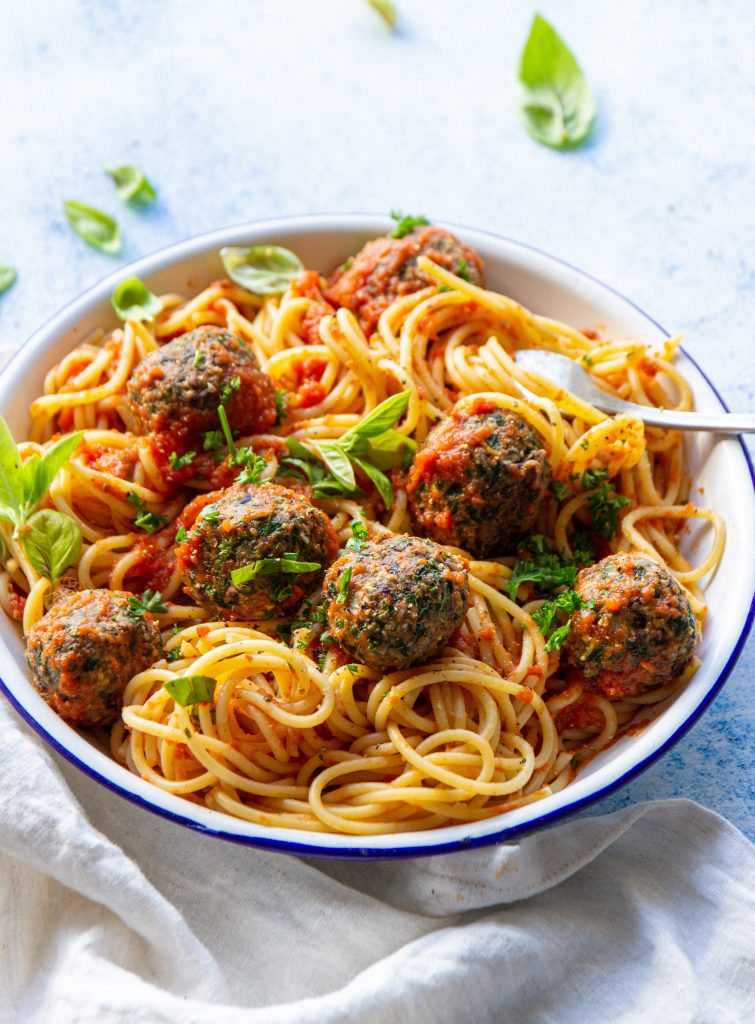
Check out these recipes of mine:
- Vegan French Lentil & Kale Stew
- Tofu kale salad
- Tofu scramble
- Easy tofu pasta
- Black bean meatballs
- vegan tofu quiche
- Black bean brownies
